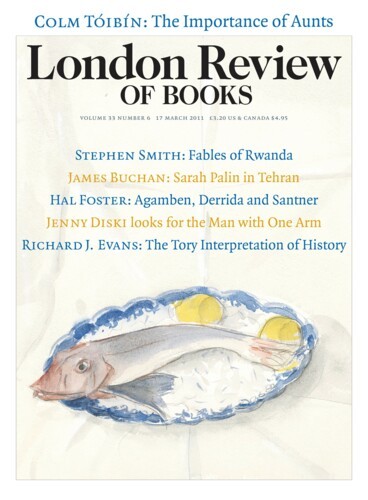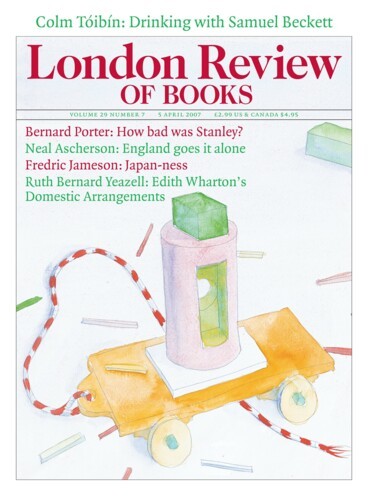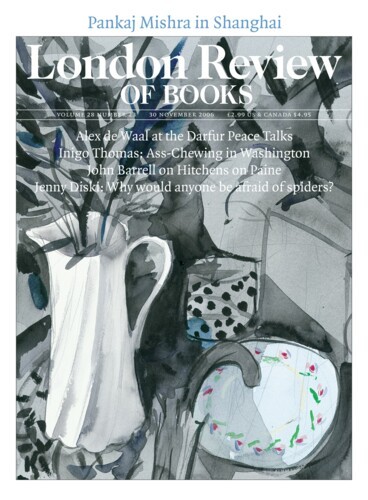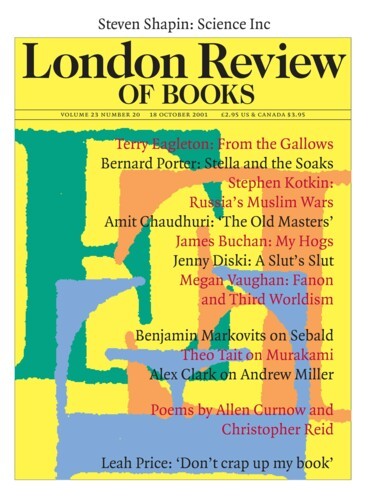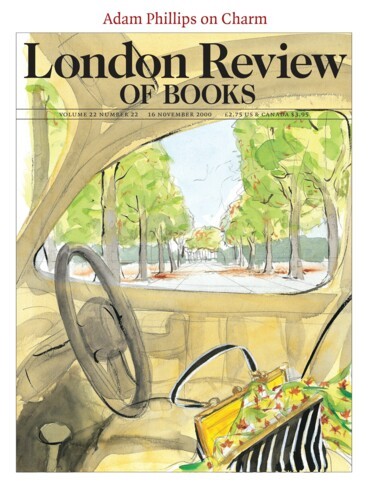Death to Potatoes! Sarah Palin in Tehran
James Buchan, 17 March 2011
The tumult that followed the Iranian presidential election of June 2009 revealed to an inattentive world an Iranian public that bore little resemblance to its idiosyncratic and touchy rulers. It helped that many of the protesters were young and fashionable, adept in modern forms of communication, and decked out in green. The Islamic Republic’s self-image, virtuous and united against...
